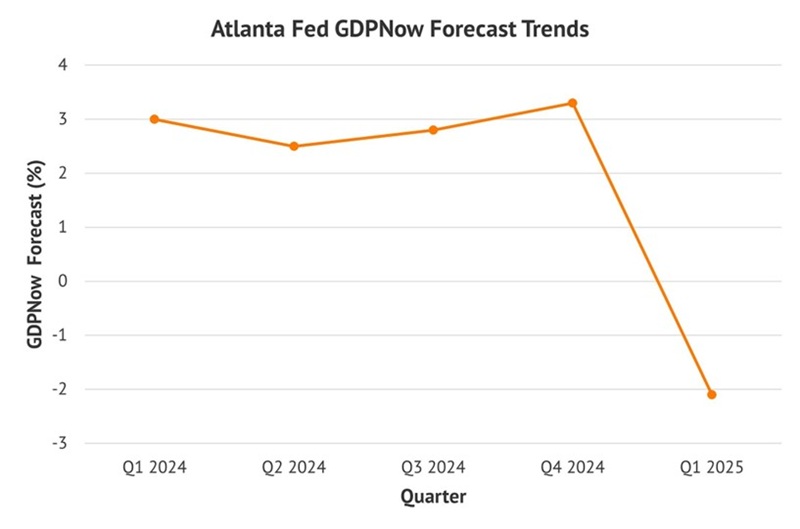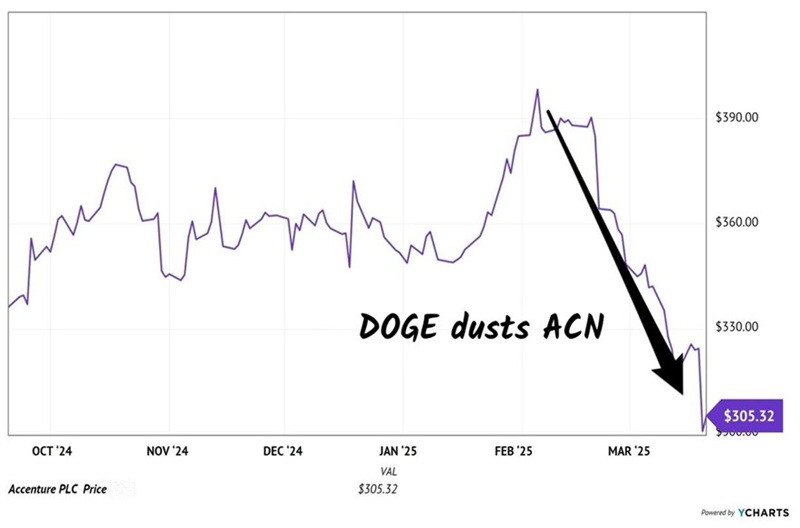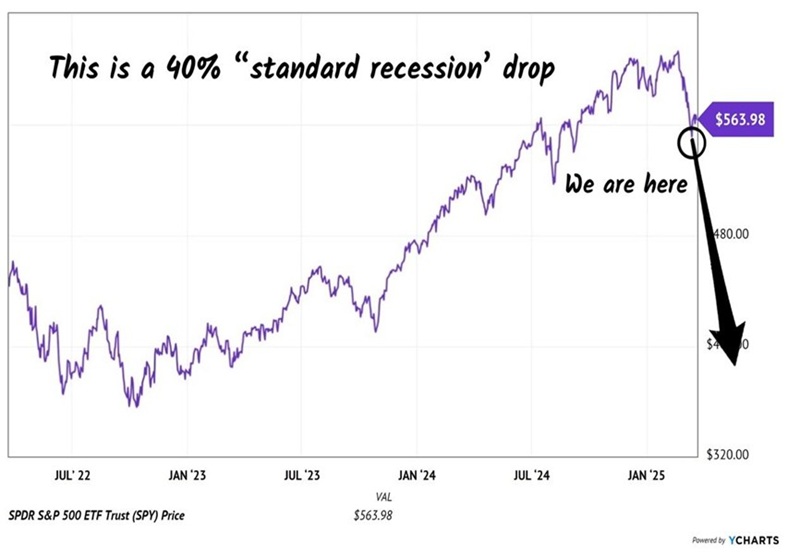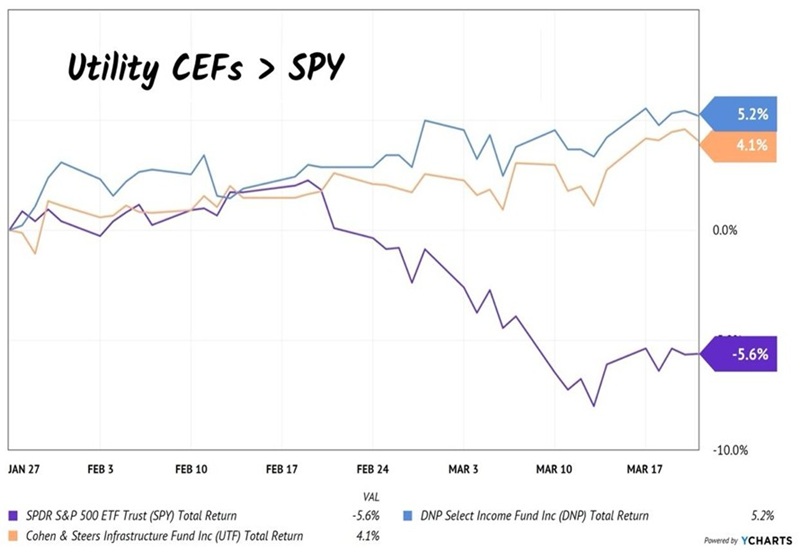The average S&P 500 drawdown during a recession since 1990 is 40%. Recent economic data show that we are now careening towards a slowdown. Check out the bearish trends from Atlanta’s GDPNow forecast:
Treasury Secretary Scott Bessent is standing watch as DOGE shifts resources and money away from the public sector. The Secretary needs lower long-term interest rates so that he can sell bonds without breaking Uncle Sam’s bank!
How does this work? Last month alone, DOGE chopped 63,000 jobs. Bessent welcomes this softening of the labor market—increasing the available labor supply—because he has $9 trillion in federal debt to refinance this year. More people looking for jobs—dare we say unemployed?—means downward pressure on wages, lower inflation, and lower long-term rates because the bond market calms down as price pressures ease.
Bessent is laser-focused on a lower 10-year Treasury yield. To accomplish his goal, Bessent needs lower inflation. Higher wages were a major contributor to inflation since the pandemic—government layoffs “solve” this in the short term.
The layoffs do slow the economy. More unemployed people mean less consumer spending. President Trump himself has warned that a recession may come—and may even be necessary (when did you last hear a politician say that?!).
The cutbacks are spilling over into companies like Accenture (NYSE:ACN) that milk service the federal government. The consulting king reported a 3% decline in new bookings. ACN says the federal government accounts for 8% of its revenue but let’s be real, who knows where the gravy train ends? Investors are not taking chances—ACN is down 23% and the knife still falls:
Gravy Gone: Government Grounds Growth

Even after its drop, ACN still pays a paltry 1.9%. That’s not enough for us, my fellow income investor, so I assume you don’t own it and you are safe from this gravy spill.
I do ask about SPDR S&P 500 ETF (SPY) because everybody owns it. SPY is “America’s ticker”—the number one holding in taxable portfolios. We all know people who only own SPY. And I’m not pointing fingers, “just sayin” that I know dividend investors who own SPY, too.
Are they sure about that SPY position for the next 12 to 24 months? After all, if a 40% drop is coming, then we are only here:
Standard SPY Recession Drop

The bond market agrees that this is the time to be cautious. Yields are lower because fixed-income investors price in a slowing economy. Bessent wanted a lower 10-year rate and is getting it—the benchmark is 22 basis points lower since Bessent took office.
Are Bessent and Trump trying to get this early recession “out of the way” in time for 2026 midterm elections? Perhaps. It’s a long-held rule in politics that if you are going to have a recession, have it early. If so, do SPY buyers want to “hope” for a better outcome than another 32% lower?
We have a better bet in a slowing economy: utility stocks. They tend to rally as the economy slows because interest rates drop, making dividend-paying “utes” more attractive.
Utility CEFs > SPY Since Bessent Confirmed

This is the point in the show where forward-looking vanilla investors reach for Utilities Select Sector SPDR Fund (NYSE:XLU). They stick with SPDR and commend themselves on XLU’s 3.2% payout.
That’s uh…”cute”—but it doesn’t compare to two utility closed-end funds (CEFs) I love. As CEFs, their mission in life is to pay a serious dividend.
Let’s start with Cohen & Steers Infrastructure Fund (NYSE:UTF) which yields 7.5%. Normally, it would take a stock market crash of epic proportions for us to see a 7.5% dividend paid by a utility ETF like XLU, or blue-chip name. In CEF-land, however, these deals arise because CEFs fly under the mainstream radar.
CEFs are too small for big institutional money. UTF has about $2 billion in assets under management. That pond is plenty big for us but too small for “whales” like pension funds.
Too bad for them! As a result, the 7.5% dividend deal sits there for individual investors like us.
DNP Select Income Fund (NYSE:DNP) is another utility CEF. The fund pays 8.1% via a monthly 6.5 cent dividend. No wonder it’s so popular with income investors!
DNP often trades at a premium to its net asset value (NAV)—in fact, last year, it fetched a 31% markup! In other words, investors were paying $1.31 for a dollar in assets. The fund trades at a more-palatable 4% premium today, which is about as low as we ever see it.
That said, I prefer not to pay a premium for a CEF if I can help it.
Disclosure: Brett Owens and Michael Foster are contrarian income investors who look for undervalued stocks/funds across the U.S. markets. Click here to learn how to profit from their strategies in the latest report, "7 Great Dividend Growth Stocks for a Secure Retirement."
